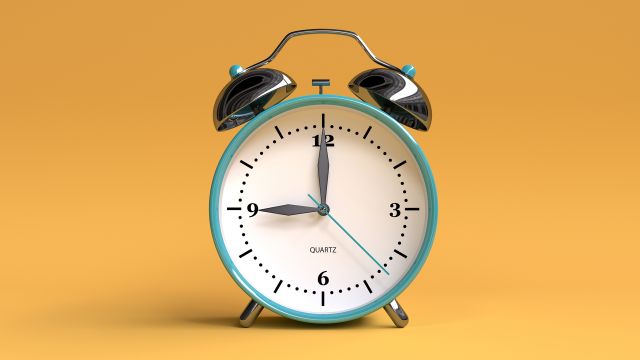When treating incontinence, many health experts begin with behavior therapy through which the bladder can be trained to empty at specific times. Doing so will increase the amount of time your bladder can hold fluid and diminish the sense of urgency associated with a full bladder. This training can be accomplished with a voiding schedule—in other words, a schedule for going to the bathroom.
In order to determine how often you should void, your healthcare professional may suggest keeping a bladder diary for several days to a week. In the diary, you can keep track of:
- What time you go to the bathroom
- Whether or not you felt the urge to go
- Whether or not you experienced leakage
- What foods and drinks you had
- What medications you took (including prescription medications, over-the-counter medications, vitamins, and supplements, including herbal supplements).
Keeping a bladder diary will help your healthcare provider determine what your triggers are. With this information, they can create a voiding schedule.
A voiding schedule is used to train your bladder into emptying only at specific times during the day, in order to lessen episodes of incontinence. Typically, it involves expanding the intervals between urinations by small increments.
Resisting urges
It can sometimes be difficult to follow a voiding schedule when the urge to urinate is persistent. To resist the urge:
- Go to the bathroom at regular intervals so your bladder gets used to consistency.
- Avoid going to the bathroom “just in case” in order to prevent making your symptoms worse.
- Do not go to the bathroom as soon as you feel the urge—wait for the urge to become less intense.
- Once you become comfortable with a current interval, the length of the interval can be increased (typically by 15 minutes).
For some people, it may only take a few weeks of maintaining this schedule to achieve a normal pattern, but for others it may take longer.
Sudden urges
Controlling the urge is the most important part of training your bladder. If you experience sudden urges, you can:
- Remain still—it’s easier to control an urge if you aren’t moving around.
- Keep your body relaxed.
- Concentrate on suppressing the urge to urinate.
- Wait until the urge dissipates.
- Walk to the bathroom without rushing.
Kegel exercises to strengthen the pelvic floor muscles can also help.
Unscheduled urges
While following a voiding schedule, you might feel the urge to go at an unscheduled time. If this happens, you can:
- Distract yourself—think about things other than the urge.
- Change your position in order to take the pressure off your bladder.
- Consider changing your drinking and eating schedule.
You may experience setbacks while following your voiding schedule, but it is important to not let those setbacks discourage you. Maintain your diary in order to record positive results. Most importantly, remember that incontinence has a number of different causes, and your best source of information is your healthcare provider.







